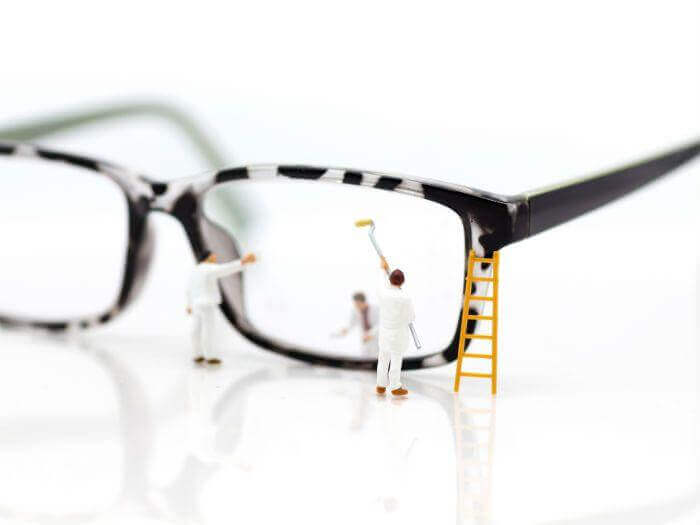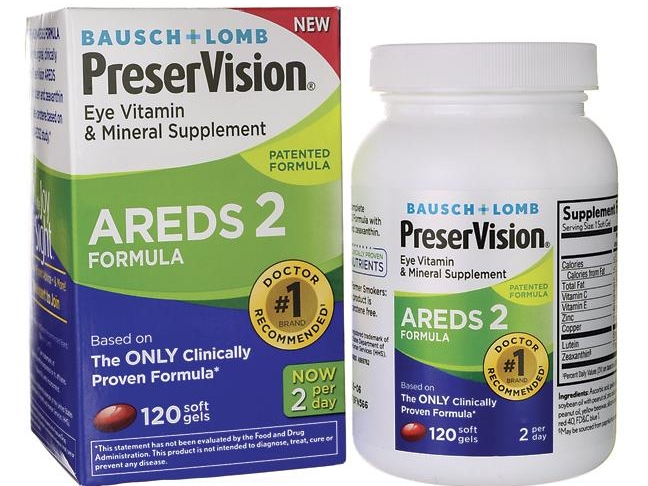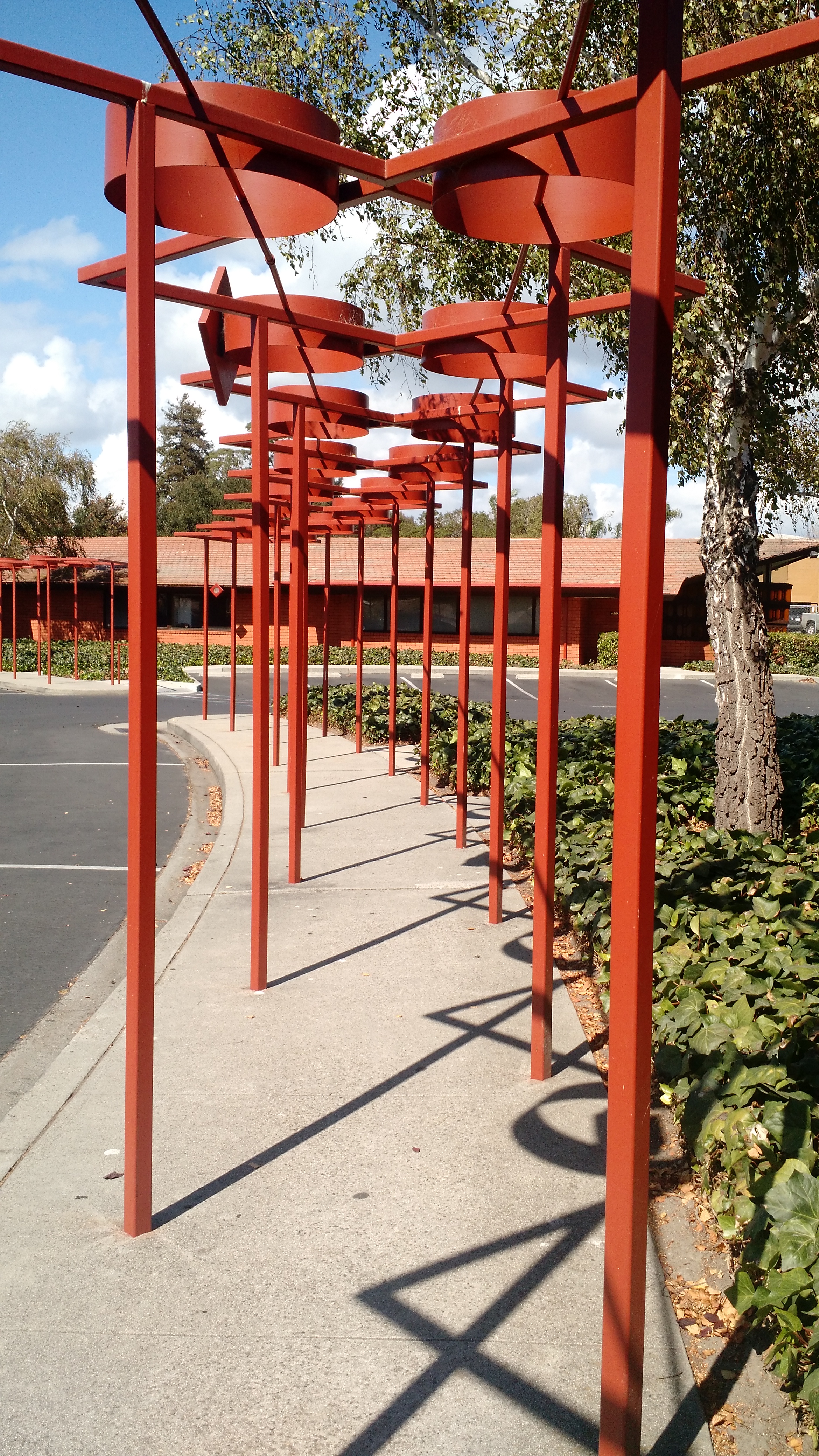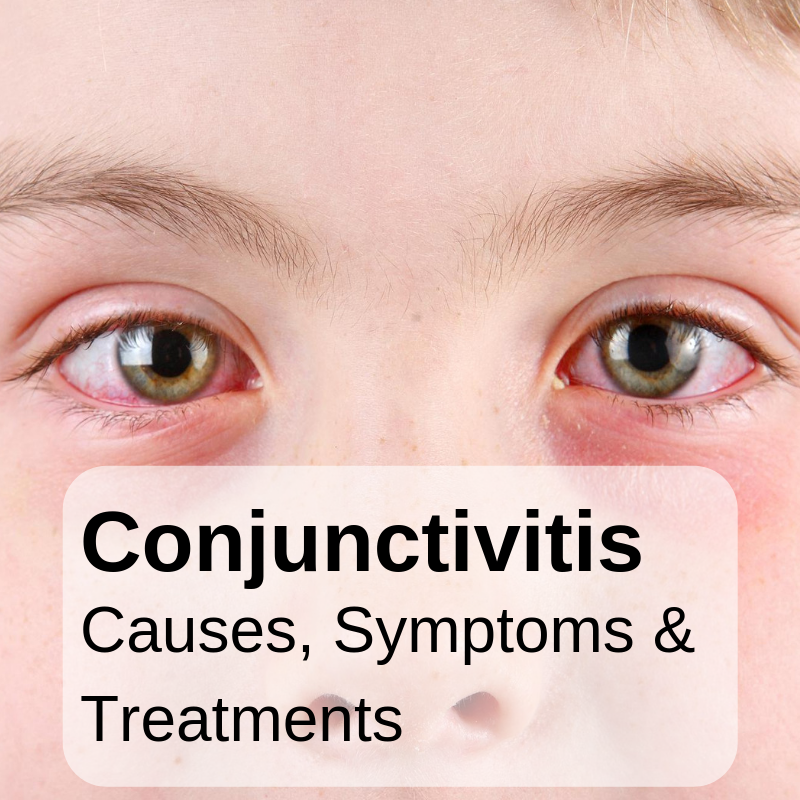Our Doctors at Midtown Optometry recommend having an annual Comprehensive Eye Exam. This is different from a Vision Exam that may be administered by a school nurse or pediatrician.
In a vision exam, a health care professional will generally check visual acuity using a Snellen chart both at a distance and up close generally both with and without glasses. Only if the patient has a reduced visual acuity are they referred to their optometrist for further evaluation. While this gives some good information about their glasses prescription, it is a small part of what should be checked on an annual basis. While this vision screening is the initial part of a Comprehensive Eye Exam, after the vision is measured, a refraction is performed to find the optimal prescription for distance and near vision. Afterwards, our optometrists test the binocular system to evaluate how the eyes work together as a team. The eye health is evaluated next in detail. Our doctors use a slit-lamp biomicroscope to view the anterior segment of the eye, looking closely at the cornea, conjunctiva, iris and lens. Conditions such as dry eye and cataracts can be diagnosed during this portion of the exam. Next, your doctor will preform Goldman Tonometry to check the eye’s pressure (not related to blood pressure) as a screening test for glaucoma. Eye pressure is something that should be checked yearly since high pressure is not able to be felt by the patient and can damage the optic nerve. A visual field evaluation is also performed to check for any optic nerve damage.
Next, a retinal exam is performed either with or without dilation. Looking in the back of the eye, your eye doctor will closely evaluate your optic nerve for signs of glaucoma along with your macula, peripheral retina and retinal vascular system. As the retina is the only place where blood vessels can be seen directly as opposed to not through the skin, it is often the first place where we can pick up early signs of high blood pressure or diabetes. A thorough screening for early signs of macular degeneration will also be performed. Most importantly, at the end of each exam, our doctors will discuss each finding with you as well as the recommended treatment plan and follow up. You will have an opportunity to ask questions and discuss any concerns with your doctor. Our doctors are always happy to answer questions and will spend as much time is needed to make sure you are comfortable with your diagnosis and treatment plan.


































